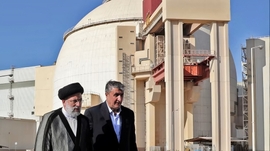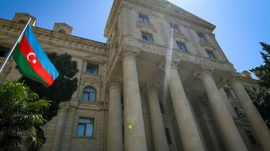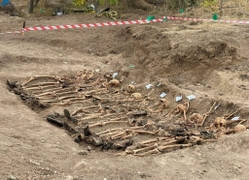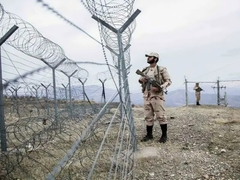Iranian President Ebrahim Raisi has said that Iran will do its best for stability in Afghanistan.
The announcement came shortly after the takeover of Afghanistan’s capital city of Kabul by the Taliban militant group and President Ashraf Ghani’s departure.
“The military defeat and the withdrawal of the US from Afghanistan should become an opportunity to restore life, security, and lasting peace in this country,” President Raisi said on August 16, according to a report by Tasnim news agency.
In a phone call with the Iranian foreign minister, the new president called security, stability, and prosperity the right of the Afghan people.
“Iran will do its best for stability, which is Afghanistan’s first need today, and as a neighbor and brother country, invites all groups to reach a national agreement,” Raisi added.
On August 15, former Afghan President Hamid Karzai announced the formation of a transition council with Abdullah Abdullah, the chairman of the High Council for National Reconciliation, and Gulbuddin Hekmatyar, the leader of the Hezb-e-Islami Gulbuddin political party. The announcement followed President Ashraf Ghani’s departure from Afghanistan after the Taliban captured most of the country’s provincial capitals and Kabul.
In a tweet, Iranian Foreign Minister Mohammad Javad Zarif welcomed the plan proposed by Karzai, saying that “we hope that it can lead to dialogue and a peaceful transition in Afghanistan.”
“Iran stands ready to continue its peacemaking efforts,” Zarif wrote.
Iran’s Interior Ministry plans to set up camps on the country’s eastern border for Afghan refugees who have been pouring across the border in recent days. Hossein Qasemi, who heads border affairs at the ministry, said that the Iranian government established temporary housing for displaced persons in the three border provinces of Khorasan Razavi, South Khorasan, and Sistan-Baluchestan. These camps would house the new arrivals until the situation in Afghanistan improved, according to Qasemi.
Along with civilians, Afghan military and civil personnel had crossed the border in recent weeks, but they were returned to Afghanistan. Earlier, there have been reports that several Afghan people have fled their homes following the Taliban attacks in Zaranj, along Afghanistan’s southern borders. Iranian border police reportedly did not allow them to enter the country.
Meanwhile, Tehran suspended several flights from Kabul to Iran’s north-eastern city of Mashhad as of August 16 until further notice amid the current volatile situation in Afghanistan.
Iran has already evacuated the staff of three of its four consulates from Afghanistan’s cities of Mazar-e Sharif, Jalalabad, and Kandahar to Kabul. The number of Iran’s embassy staff in Kabul has also been reduced over security concerns.
On August 16, several Afghans living in the city of Qom in Iran staged a rally, calling on the international community to take action in support of their compatriots after the Taliban seized control of Afghanistan. Some Afghans gathered in Tehran, chanting slogans against the insurgents a day earlier. The protesters shouted “death to Taliban” and “we do not want an Islamic emirate” outside the United Nations office in Iran’s capital city.


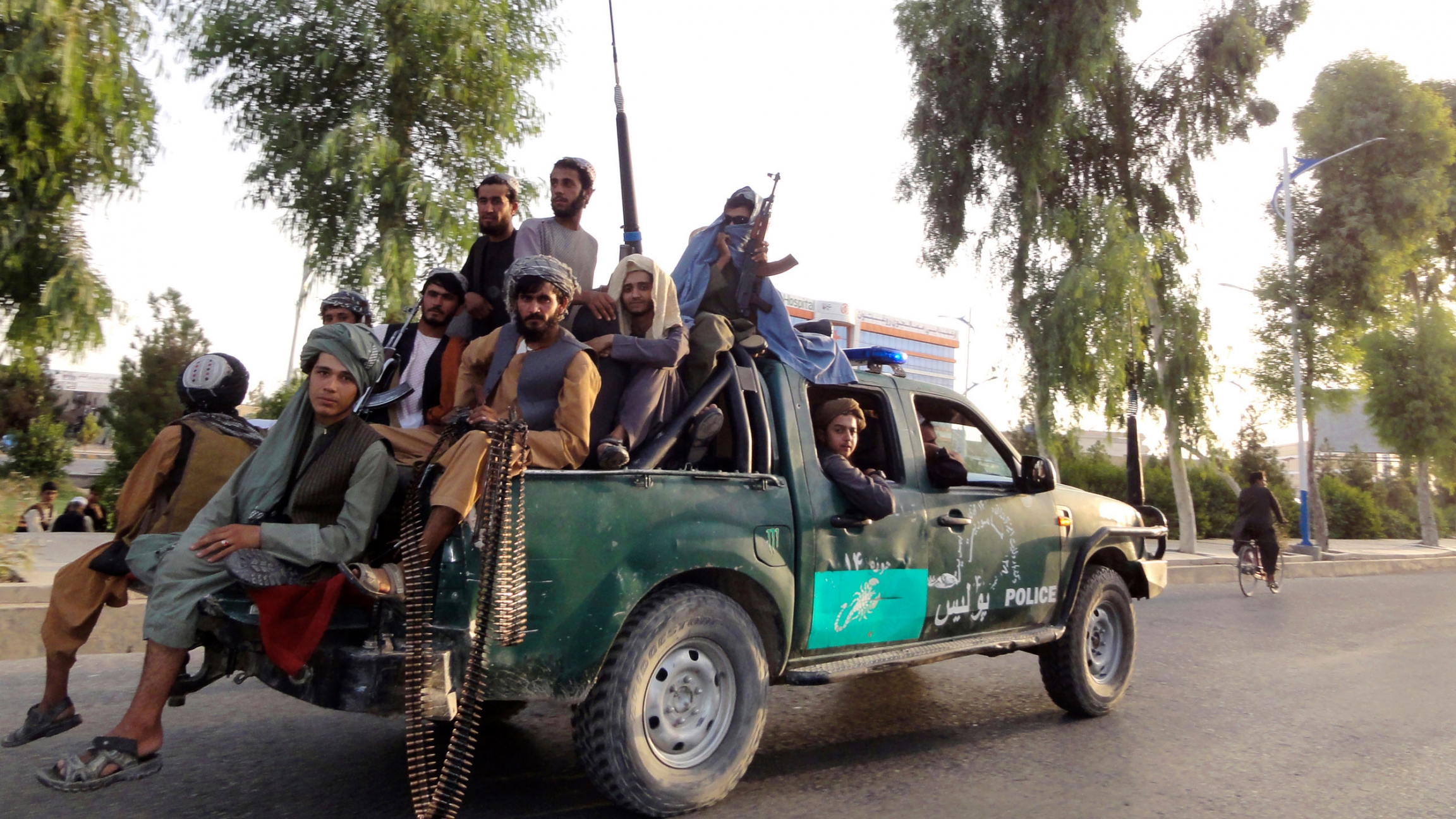




 Iran is moving to fortify its eastern border with Afghanistan in a bid to fight illegal migration and drug trafficking, along with enhancing security.
Iran is moving to fortify its eastern border with Afghanistan in a bid to fight illegal migration and drug trafficking, along with enhancing security.
 The Iranian and Cuban transport ministers have discussed expanding maritime and air transportation cooperation.
The Iranian and Cuban transport ministers have discussed expanding maritime and air transportation cooperation.
 Maria Zakharova, the spokeswoman for the Russian Foreign Ministry, has firmly stated that Russia categorically rejects any suggestion of exchanging...
Maria Zakharova, the spokeswoman for the Russian Foreign Ministry, has firmly stated that Russia categorically rejects any suggestion of exchanging...
